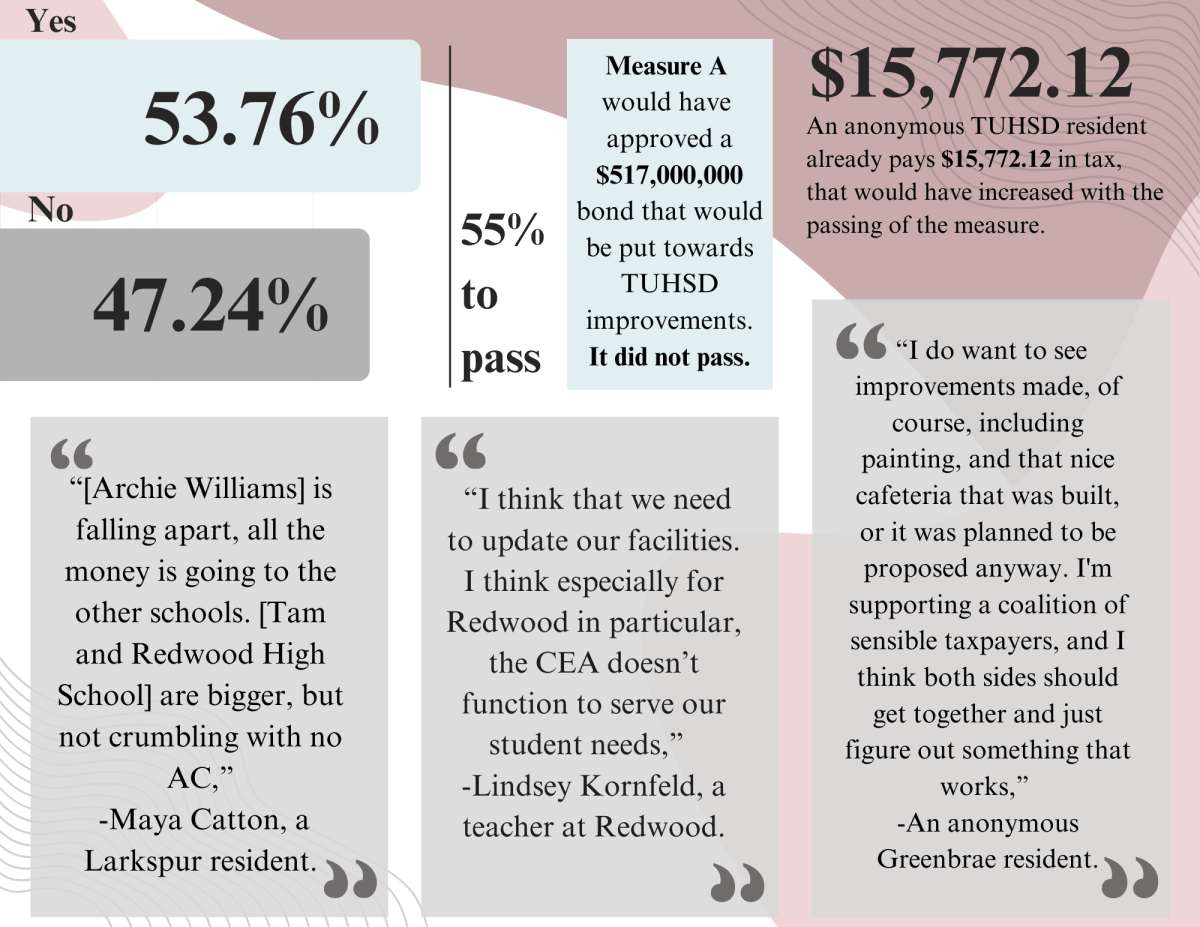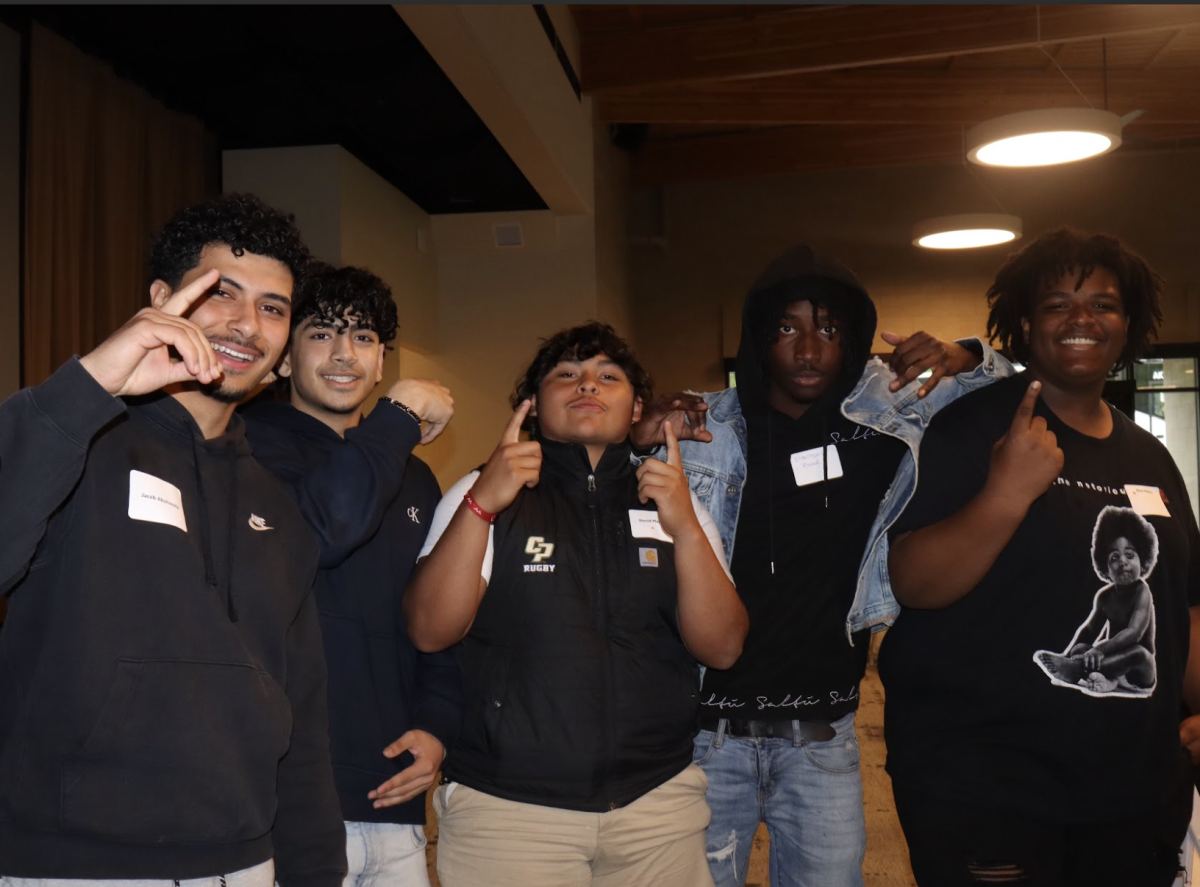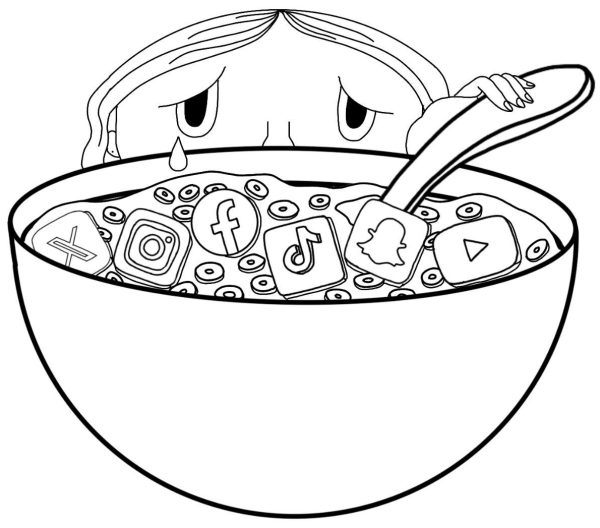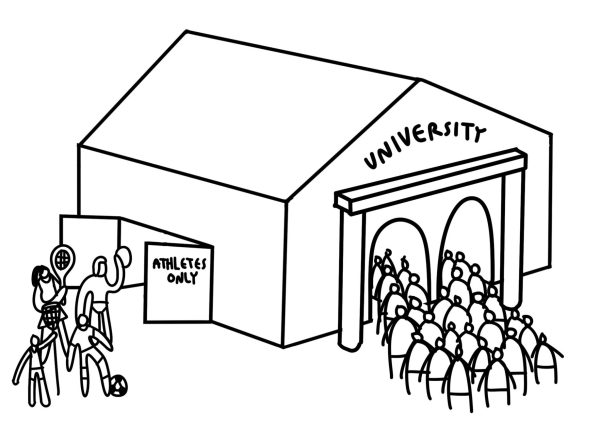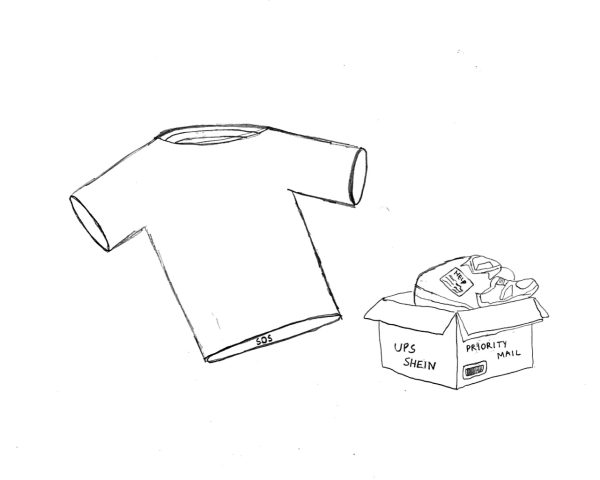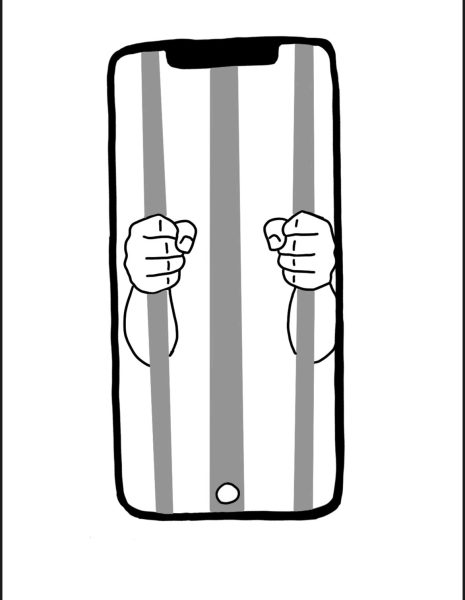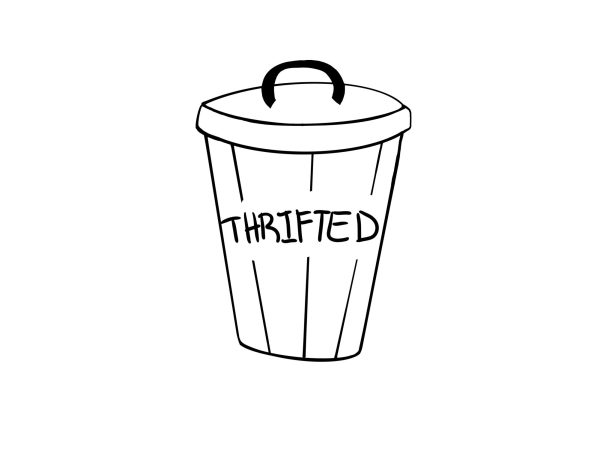Vote ‘no’ on celebrity culture in politics
April 2, 2021

On Jan. 20, 2021, my family and I crowded around the TV waiting with anticipation for the presidential inauguration ceremony. My social media feed was already filled with content about the guests’ outfits and the celebrity appearances at the ceremony. The glitz and glamour of the day felt strangely like a red carpet event, with elected officials being announced on television like movie stars. I realized that this behavior wasn’t unusual in our political landscape, as it has started to look akin to tabloid magazines or speculative celebrity gossip. The internet has created a culture where anything in politics can become a meme or trend, which distracts from political engagement. We need to rid politics of superficial celebrity culture to preserve our democracy and hold politicians to their office standards.
The day of the Inauguration, a picture of Bernie Sanders sitting snugly with a pair of homemade mittens spread like wildfire across social media, with one of the original tweets of the photo garnering 1.1 million likes. The internet allows for clips of a politician’s speech to become easily shared GIFs and rally photos can turn into a discussion about a political figure’s fashion taste. What used to be standard practice for the fans communities for celebrities known as “stan Twitter” or tabloid magazines has merged into the realm of politics, leading to superficial conversations about our elected officials. This new culture of consuming and producing content about political drama has become what New York Times journalist, Amanda Hess, refers to as “a great convergence between politics and culture… This is democracy reimagined as celebrity fandom, and it is now a dominant mode of experiencing politics.”
When these forms of political culture become widespread, discussions about politics become focused on irrelevant gossip rather than actual policy. In a March Bark survey, 86 percent of students either often or occasionally see news about politicians’ personal lives rather than their political agendas. News about politicians that resembles celebrity gossip only distracts people from engaging in discussions of important policies that influence their lives and communities.
Not only can celebrity culture be irrelevant, but it can also become dangerous to political discourse. For example, the subreddit, r/TheDonald, was founded in June 2015 to share memes and clips of Donald Trump, but the server turned out to have several harassment claims towards people of different ethnic and religious groups, as well as a history of spreading conspiracy theories. After the subreddit turned from a relatively normal center for sharing content to outward hate speech, it was ultimately shut down on June 29, 2020.
Celebrity fandom in politics can also lead to violence, as followers of politicians, like former President Trump, can use the reach of social media to take their dedication to the extreme. Zignal Labs found that after Trump’s rally on Jan. 6, over 140,000 mentions of unrest-related terms were found online, which can be traced to the U.S Capitol riots on the same day. While excessive praise and memes may seem normal on the internet, they can swiftly turn into extremism.
Even as celebrity culture changes how we discuss politics, some argue that this form of engagement may ignite an interest in government for people who had previously never paid attention. In some cases, celebrity culture can produce content that engages new voters and brings people into the political arena, leading to increased participation in democracy. According to research by Massey University’s School of Psychology, emotional attachment to candidates “may drive ordinary citizens to engage more politically.”
However, when people participate in the political sphere because of the culture surrounding it, there is a chance they may not want to participate without it. This political culture format is entertaining, and if the enjoyment is lost then potential political participants may lose interest. It’s better for voters to be absorbed in politics for a short time than to be consumed by a form of political engagement reliant on superficial culture. Therefore, politics should be focused on the voters who are interested in the agendas of politicians rather than people who are purely interested in the gossip centric aspects of politics.
To combat celebrity culture in politics, we must start with individual relationships with social media and press coverage. Although many of us may just be witnesses to celebrity culture, we can still actively filter out content that focuses too heavily on politicians’ personal lives in order to engage with politics in good faith. Instead of interacting with Pinterest boards of Alexandra Ocasio Cortez’s outfits or Instagram accounts posting pro-Donald Trump memes, we should try to block out the gossip and fluff in politics to preserve the sanctity of our democracy and vote “no” on celebrity culture in politics.


